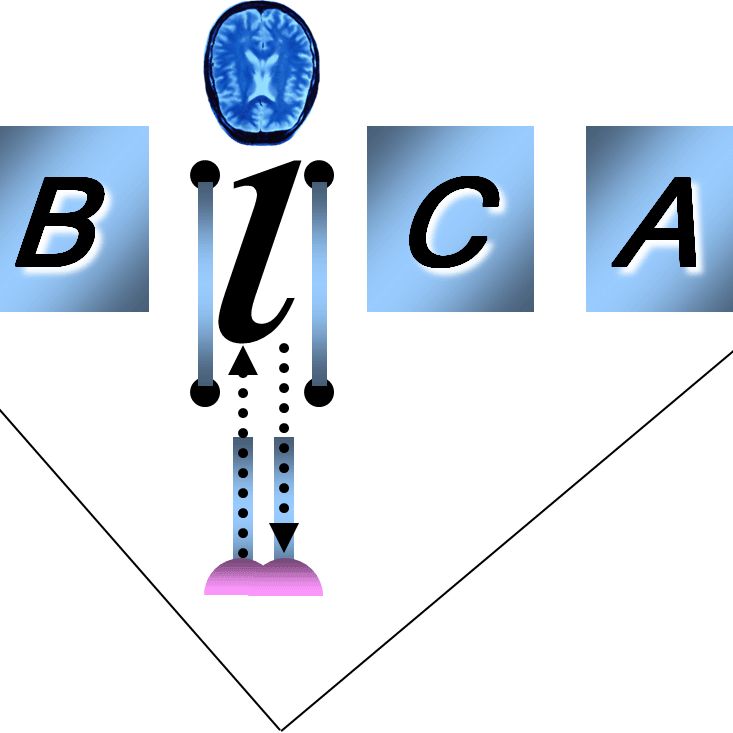BICA*AI 2023 Workshops
A number of sub-events is planned for inclusion in the BICA*AI 2023 agenda. Among them are workshops listed below. Submissions to workshops should be made through the same tracks as to the main part of the conference, i.e., the first two tracks should be used: BICA*AI 2023 Offline and BICA*AI 2023 Online. The author should indicate the intended workshop by selecting the corresponding topic at the second step of the submission process. Descriptions of workshops are given below.
W0: Pre-Conference Lightning Preview and Discussion
Chair: TBA
Format: Offline
Everybody willing to give a lighting preview of their talk or poster just before the official opening of the conference is welcome to do so. All you need is to RSVP to the organizers via email in advance and be in time on site for your presentation.
W1: Machine Consciousness
Chair: Peter Boltuc
Format: Hybrid
BICA goes beyond recommender engines or standard big data computing since brains do not work as simple big data processors. We are mid-data processors, using brains not quite as discrete computing engines. We compute using biochemical features [Sloman 2020], topological learning [Thaler 2021], forgetting [Kelley; NARS] or paraconsistent interzones [Goertzel 2022]. Recent collapse of IBM-Watson exemplifies not only IBM's proven record of mishandling novel technologies; misery brought about by technologically underinformed AI management, but, more interestingly, the need to distinguish big-data from mid-data computing. True BICA clearly belongs to the latter. Thus, BICA implementation requires reaching beyond the digital technologies dominant at the 4th Industrial Revolution, and moving towards deep stochastic computing [Goertzel 2006] that reaches beyond optimizing big-data usage, towards randomization in creating deeply new outcomes such as Discovery Engines. The panel includes presenters from North America [including H.Schneider], as well as those from China, Europe and the Southern hemisphere. A set of papers is expected to ensue.
Topics and keywords include:
- mid-data computing
- true BICA
- biochemical computing
- topological learning
- the 4th industrial revolution
- paraconsistent interzones
- stochastic computing
- discovery engines
W2: Computational Thinking in Intelligent Processes
Chair: Larisa Ismailova
Format: Online
Computational thinking is considered in the context of general cognitive activity, which evolves in cognitive systems, processes and architectures. The main focus is on the study of information processes and their interaction. Connections with semantic information processes are traced. Models of the processes of discovery, acquisition and presentation of knowledge in science, academia, education and practice are considered.
Included but not limited to questions:
- cognitive processes, interferences, wars
- channeling of information processes
- process morphing
- process entanglement
- semantic information processing
- semantic nets, graphs, maps
- semantic vulnerability
- semantic security
- semantic configuration
- semantic data analysis
- symbolic computation and knowledge assemblers
- categorical abstract machines
W3: Information technologies and ethics, supporting embodied agents and human-computer interactions
Chair: Tingting Liu
Format: Hybrid
The aim is to discuss information technologies and ethics, which can support embodied agents and human-computer interactions. The information technologies could include Virtual Reality, Augmented Reality and other graphic techniques that can generate environment, performance or behavior of embodied agents and can support human-computer interactions. The ethics questions may cover all ethics issues related to applications of Artificial Intelligence.
Keywords: Virtual Reality, Ethics, Augmented Reality, Embodied Agents






